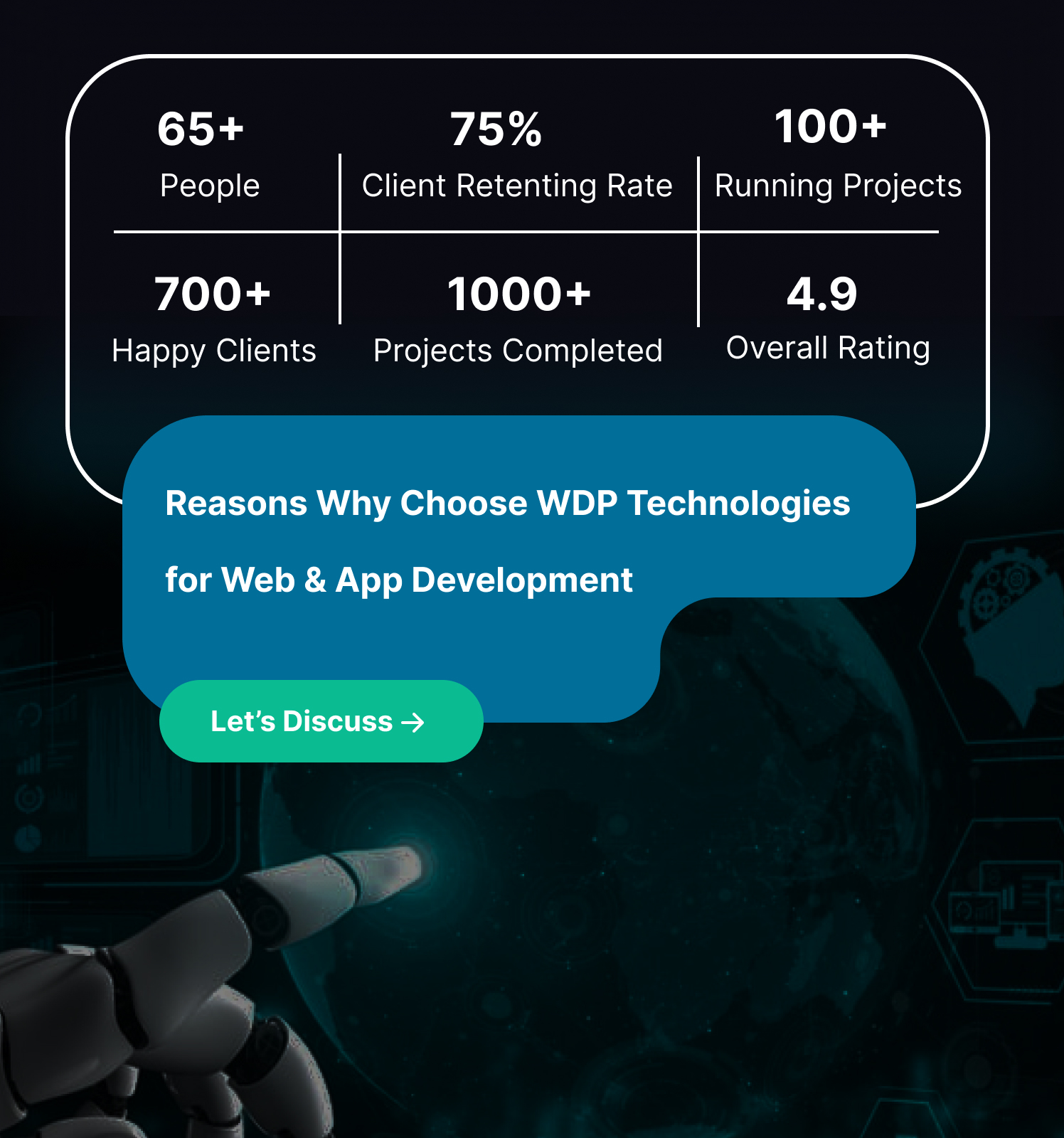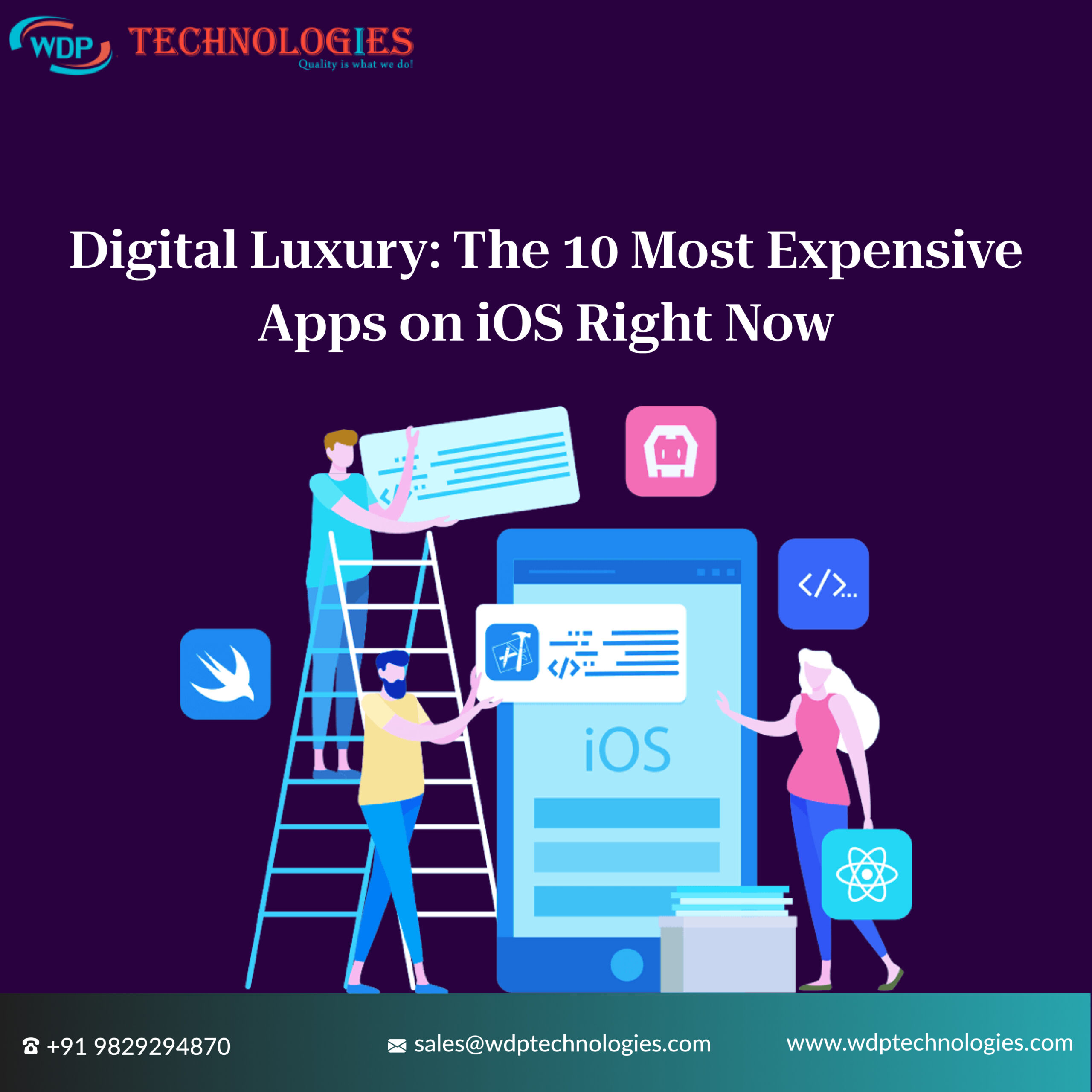In the ever-expanding landscape of urban mobility, finding a convenient parking spot can often be a time-consuming and frustrating endeavor. As cities grow, so does the need for innovative solutions to streamline the parking process and alleviate the stress associated with the search for that elusive parking space. This is where parking apps like SpotHero come into play, offering a seamless and user-friendly experience for drivers in search of convenient and affordable parking.
In this blog post, we will take you on a journey through the key steps involved to develop a car parking app, drawing inspiration from the success of industry leaders like SpotHero. Whether you’re an entrepreneur aiming to disrupt the parking industry or a developer looking to embark on an exciting project, our comprehensive guide will walk you through the essential stages, from market research and planning to deployment and ongoing maintenance for car parking app development.
Car Parking App Market Size
The global car parking app market is experiencing significant growth, driven by several factors such as increasing urbanization, traffic congestion, and the rising adoption of smartphones and mobile payments. Here are some key insights into the market size:
The global car parking app market was valued at USD 62.2 million in 2021 and is expected to reach USD 346.4 million by 2032, growing at a CAGR of 24.2% from 2022 to 2032. The smart parking systems market, which includes car parking apps as a major segment, is projected to reach USD 16.54 billion by 2030, growing at a CAGR of 13.6% from 2022 to 2030.
The North American market is expected to hold the largest share due to the high penetration of smartphones and the presence of major players. The Asia Pacific region is expected to witness the fastest growth due to the increasing urbanization and rising disposable incomes.
How Car Parking App Works
A car parking app works by providing users with a digital platform to discover, reserve, and pay for parking spaces. The process involves several key steps to ensure a smooth and efficient parking experience. Here’s a breakdown of how a typical car parking app works:
1. User Registration:
Users begin by downloading and installing the parking app from their respective app stores. To use the app, they create an account by providing necessary information such as name, email, and a secure password.
2. Location Services & Map Integration:
The app utilizes GPS and location services to identify the user’s current location. Integrated maps help users visualize nearby parking spaces, garages, or lots.
3. Search and Filters:
Users can search for available parking spaces based on specific criteria such as location, date, time, and duration. Filters may include price range, type of parking (street, garage, valet), and other relevant amenities.
4. View Parking Details:
Users can view detailed information about each parking option, including pricing, availability, user reviews, and any special conditions.
5. Reservation and Booking:
After selecting a preferred parking space, users can proceed to reserve it for a specific date and time. Some apps may offer real-time availability updates, ensuring that users book only the spaces that are currently open.
6. Payment Processing:
Users are prompted to make a payment for the reserved parking space within the app. Payment options often include credit/debit cards, digital wallets, or other secure payment methods.
7. Confirmation and QR Codes:
Once the payment is processed successfully, users receive a confirmation of their booking. Some apps generate QR codes or unique identifiers that serve as digital tickets to access the booked parking space.
8. Navigation and Directions:
The app provides integrated navigation to guide users to their reserved parking location. Real-time updates on traffic and other conditions may be included for a seamless journey.
9. Parking Check-in:
Upon arriving at the parking location, users check in through the app, confirming their arrival. Some apps may use QR code scanning or other methods to validate the reservation.
10. Parking Exit & Payment Completion:
After parking, users use the app to check out and complete the parking session. The app may automatically charge the user’s account for the actual duration of the parking stay.
11. User Feedback and Reviews:
Users have the option to leave reviews and feedback about their parking experience, contributing to the community and helping others make informed decisions.
12. Notifications and Alerts:
Throughout the process, users receive notifications and alerts, such as booking confirmations, reminders, and updates on their parking status.
By following these steps, a car parking app optimizes the parking process, making it more convenient and efficient for users while also providing valuable data and insights for parking operators and city planners.
Issues You Can Solve With Car Parking App
A car parking app can effectively address several issues related to parking and urban mobility, offering solutions that enhance user convenience and optimize the overall parking experience. Here are common problems that a car parking app can help solve:
a. Parking Space Scarcity:
- Issue: Limited parking spaces in urban areas often lead to frustration and wasted time for drivers searching for an available spot.
- Solution: The app provides real-time information on parking space availability, allowing users to plan and secure a spot in advance.
b. Traffic Congestion:
- Issue: Cars circling in search of parking contribute to traffic congestion and increased pollution.
- Solution: By guiding users directly to available parking spaces, the app helps reduce unnecessary traffic and minimizes environmental impact.
c. Unpredictable Parking Costs:
- Issue: Uncertainty about parking costs can make budgeting difficult for drivers.
- Solution: The app displays transparent pricing information for different parking options, enabling users to plan their expenses in advance.
d. Security Concerns:
- Issue: Drivers may worry about the safety of their vehicles in certain parking areas.
- Solution: The app can recommend secure parking locations based on user reviews and ratings, promoting a sense of security for users.
e. Inefficient Payment Processes:
- Issue: Traditional parking payment methods, such as meters or pay stations, can be time-consuming and inconvenient.
- Solution: The app facilitates seamless digital payments, allowing users to pay for parking within the app without the need for physical currency or cards.
f. Lack of Parking Information:
- Issue: Users may be unaware of parking restrictions, time limits, or specific regulations in different areas.
- Solution: The app provides detailed information about parking rules, restrictions, and regulations, helping users comply with local ordinances.
g. Environmental Impact:
- Issue: Cars searching for parking spaces contribute to increased fuel consumption and emissions.
- Solution: By optimizing parking routes and reducing search time, the app supports environmental sustainability by minimizing carbon footprints.
h. Inefficient Space Utilization:
- Issue: Poorly managed parking spaces can lead to inefficient use of valuable urban real estate.
- Solution: The app can provide insights to urban planners and parking operators, helping optimize parking space utilization and reduce congestion.
i. Lack of Reservation Options:
- Issue: Users may struggle to secure parking in high-demand areas, especially during events or peak hours.
- Solution: The app enables users to reserve parking spaces in advance, ensuring availability during busy times and events.
j. Limited Accessibility Information:
- Issue: Drivers with accessibility needs may face challenges finding suitable parking spaces.
- Solution: The app can include information about accessible parking spaces, ensuring inclusivity for users with diverse needs.
By addressing these issues, a car parking app can significantly improve the efficiency, convenience, and overall experience for drivers, contributing to a more sustainable and user-friendly urban environment.
Types Of Car Parking App
Car parking apps come in various types, each catering to different needs and preferences of users. Here are some common types of car parking apps:
1. Aggregator Parking Apps:
These apps aggregate information from various parking providers, displaying a comprehensive list of available parking spaces in a given area. Users can compare prices, amenities, and reviews before making a reservation.
2. Reservation Parking Apps:
Focused on providing users with the ability to reserve parking spaces in advance, these apps allow individuals to secure a spot for a specified date and time. This type is especially useful for events, busy urban areas, or high-demand locations.
3. Payment Apps for Parking Meters:
Apps in this category simplify the traditional process of paying for parking meters. Users can make payments digitally through the app, eliminating the need for coins or physical payment at the parking meter.
4. Valet Parking Apps:
Valet parking apps provide users with a convenient way to request valet services. Users can drop off their cars at a designated location, and a valet driver parks the car securely. When ready to leave, users can request their car through the app.
5. Subscription-Based Parking Apps:
These apps offer subscription plans for regular users, providing access to a network of parking spaces for a monthly fee. Subscribers may enjoy benefits such as discounted rates or priority access to premium parking spots.
6. Navigation and Parking Finder Apps:
Apps in this category focus on guiding users to available parking spaces in real-time. They provide navigation assistance and display parking availability based on the user’s current location, helping drivers find parking quickly and efficiently.
7. Corporate Parking Apps:
Targeted at businesses and corporate entities, these apps help manage and allocate parking spaces within a company’s premises. Employees can use the app to reserve spaces, track availability, and manage their parking preferences.
8. Smart City Parking Apps:
Integrated with smart city initiatives, these apps contribute to urban planning and traffic management. They may provide data on parking trends, occupancy rates, and contribute to a more sustainable and efficient urban environment.
9. EV Charging Station Apps:
Designed for users with electric vehicles, these apps help locate and reserve parking spaces equipped with EV charging stations. Users can plan their routes based on charging station availability.
10. Community-Based Parking Apps:
Apps in this category leverage a community-driven model, allowing users to share information about available parking spaces, pricing, and conditions. This collaborative approach enhances the overall user experience.
11. Parking Assistance Apps:
Some apps are designed to assist drivers in parallel parking or navigating tight spaces. These apps may utilize sensors and cameras to provide real-time guidance during parking maneuvers.
The type of car parking app you choose to develop or use depends on the specific needs of your target audience and the goals of your parking solution. Many apps may incorporate features from multiple categories to provide a comprehensive parking experience.
Advance Features To Include for Car Parking App Development
To stay ahead in the competitive market and provide a comprehensive parking solution, consider incorporating advanced features into your car parking app. Here are some advanced features to enhance your car parking app development:
1. Predictive Parking Availability:
Implement machine learning algorithms to predict parking space availability based on historical data, events, and trends.
2. Dynamic Pricing:
Integrate dynamic pricing models that adjust parking rates based on demand, time of day, and special events, maximizing revenue and optimizing space utilization.
3. License Plate Recognition:
Utilize LPR technology to automate entry and exit processes, eliminating the need for physical tickets or QR codes.
4. IoT Integration:
Connect with IoT-enabled sensors and devices to provide real-time data on parking space occupancy, enhancing accuracy in availability updates.
5. Augmented Reality Navigation:
Implement AR navigation to guide users to their reserved parking spaces using visual overlays on their mobile device’s camera view.
6. In-App Digital Payments:
Enhance payment options by integrating with digital wallets, contactless payments, and other secure payment methods to streamline the checkout process.
7. Biometric Authentication:
Integrate biometric authentication options such as fingerprint or facial recognition for secure and convenient user logins.
8. Smart Parking Meters Integration:
Collaborate with smart parking meter providers to allow users to pay for metered parking through the app, reducing reliance on physical meters.
9. Parking Space Recommendations:
Provide personalized parking space recommendations based on user preferences, historical data, and behavioral patterns.
10. Vehicle Compatibility Information:
Include information about parking spaces that are compatible with specific vehicle types, such as electric vehicle charging stations or spaces suitable for larger vehicles.
11. Parking Analytics Dashboard:
Create a robust analytics dashboard for parking operators, allowing them to monitor usage patterns, revenue, and overall performance of parking facilities.
12. Integration with Smart Cars:
Collaborate with smart car manufacturers to enable integration with in-car systems, allowing users to find and book parking directly from their vehicle dashboard.
13. Parking Rewards & Loyalty Programs:
Implement a rewards system or loyalty program to incentivize users to use the app regularly, offering discounts, promotions, or exclusive perks.
14. Voice Commands & Virtual Assistants:
Integrate voice command capabilities and virtual assistants to enhance accessibility, allowing users to find parking or manage reservations through voice prompts.
15. Emergency Assistance Features:
Include features for emergency situations, such as a panic button that notifies security or authorities in case of an issue.
By incorporating these advanced features, your car parking app can offer a cutting-edge experience, meeting the evolving expectations of users and setting your app apart in the competitive market.
How to Create Smart Vehicle Parking App Solutions?
Creating a smart vehicle parking app involves integrating advanced technologies to enhance the overall parking experience for users. Here’s a step-by-step guide on how to develop a smart vehicle parking app:
a. Market Research:
- Identify your target audience and understand their needs.
- Research competitors and analyze existing parking solutions to identify gaps and opportunities.
b. Define Key Features:
- List down the essential features for your smart parking app.
- Consider incorporating advanced features such as predictive parking availability, dynamic pricing, and IoT integration.
c. Choose Technology Stack:
- Select the appropriate technology stack based on your app’s requirements and target platforms (iOS, Android, cross-platform).
- Consider using technologies like machine learning, IoT, and real-time data processing.
d. UI and UX Design:
- Design an intuitive and user-friendly interface.
- Focus on a seamless user experience, ensuring easy navigation and accessibility.
e. Integration with Smart Devices:
- Collaborate with IoT device manufacturers to integrate sensors and devices for real-time parking space occupancy data.
- Utilize smart parking meters and LPR technology for automation.
f. Implement Predictive Parking Availability:
- Use machine learning algorithms to predict parking space availability based on historical data, events, and user behavior.
g. Dynamic Pricing System:
- Integrate a dynamic pricing model that adjusts parking rates based on demand, time of day, and special events.
- Provide transparency to users about pricing factors.
h. Real-time Navigation with AR:
- Implement augmented reality (AR) navigation to guide users visually to their reserved parking spaces using camera overlays.
- Integrate real-time traffic updates for efficient navigation.
i. Secure Digital Payments:
- Implement secure in-app digital payments using digital wallets, contactless payments, and other modern payment methods.
- Ensure compliance with security standards for financial transactions.
j. Biometric Authentication:
- Provide biometric authentication options for secure and convenient user logins.
- Consider implementing facial recognition or fingerprint scanning.
k. Parking Analytics Dashboard:
- Develop a robust analytics dashboard for parking operators, offering insights into usage patterns, revenue, and facility performance.
l. Integration with Smart Cars:
- Collaborate with smart car manufacturers to enable integration with in-car systems.
- Allow users to find and book parking directly from their vehicle dashboard.
m. Implement Loyalty Programs:
- Create a rewards system or loyalty program to incentivize users with discounts, promotions, or exclusive perks for regular usage.
n. Voice Commands & Virtual Assistants:
- Integrate voice command capabilities and virtual assistants to enhance accessibility.
- Allow users to find parking or manage reservations through voice prompts.
o. Testing and Quality Assurance:
- Conduct thorough testing, including functional, usability, and security testing.
- Gather user feedback through beta testing to identify areas for improvement.
p. Launch and Marketing:
- Launch your smart parking app on app stores, ensuring compliance with guidelines.
- Implement a marketing strategy to promote your app through various channels.
q. Post-Launch Support & Updates:
- Provide ongoing customer support to address user queries and concerns.
- Release regular updates based on user feedback and emerging technologies.
By following these steps, you can develop a smart vehicle parking app that leverages cutting-edge technologies to provide users with an advanced and efficient parking solution.
Top 5 Car Parking App Leaders
Remember, this is not an exhaustive list, and countless other car parking apps cater to specific needs and regions. Consider factors like your location, desired features, and budget when choosing the best app for you.
1. SpotHero:
SpotHero is a prominent car parking app that allows users to find and reserve parking spaces in various locations. It offers features like real-time availability, reservation options, and digital payments.
2. ParkWhiz:
ParkWhiz is known for providing users with a platform to find, book, and pay for parking spaces. It covers a wide range of parking options, from garages to private spaces, and offers advanced features such as mobile parking passes.
3. ParkMobile:
ParkMobile is a widely used app that enables users to find and pay for parking spaces. It offers a variety of features, including digital payments, parking reminders, and real-time space availability.
4. JustPark:
JustPark is a UK-based parking app that connects drivers with available parking spaces. It allows users to reserve spots in advance, offers contactless payments, and provides navigation to selected parking locations.
5. BestParking:
BestParking is known for its extensive coverage of parking locations across various cities. The app helps users find the most cost-effective and convenient parking options, considering factors like rates and location.
Cost of Developing Car Parking App Finder
The cost of developing a car parking app finder can vary greatly depending on several factors, including:
a. App Complexity:
- Basic App: Features like map integration, location services, and basic parking information can cost between $20,000 to $50,000.
- Mid-range App: Real-time availability, user interface design, payment integration, and space storage can push the cost to $50,000 to $100,000.
- Complex App: AI-powered predictive parking, integration with smart parking systems, and advanced features can cost above $100,000.
b. Development Team:
- Location: Hourly rates for developers differ significantly. North America and Western Europe can be twice as expensive as Eastern Europe, India, or Southeast Asia.
- Team Size and Experience: A small team of experienced developers might cost less than a large team with less experience.
c. Additional Factors:
- Platform: Developing for both Android and iOS will naturally be more expensive than just one platform.
- Integrations: Connecting with parking APIs, payment gateways, and other services can add costs.
- Design and UX: A polished and user-friendly interface takes more time and expertise.
Here’s a rough estimate of development costs based on complexity:
- Simple app: $30,000 – $50,000
- Mid-range app: $70,000 – $120,000
- Complex app: $150,000+
Also Read: How to Build Pet Sitting App
How WDP Help You To Develop a Car Parking App
WDP Technologies is a leading car parking app development company. We provide end-to-end car parking solution with the latest technologies and advanced features. Our ride app is fully customizable so the app can be customized as per your requirements. The car parking application with custom front/back-end is available for both Android and iOS platforms. This application is reliable, scalable, robust, and affordable.
Conclusion
Develo a car parking app like SpotHero requires dedication, thorough planning, and a commitment to user satisfaction. Keep an eye on industry trends and user behavior to stay competitive and relevant in the parking solutions market.













